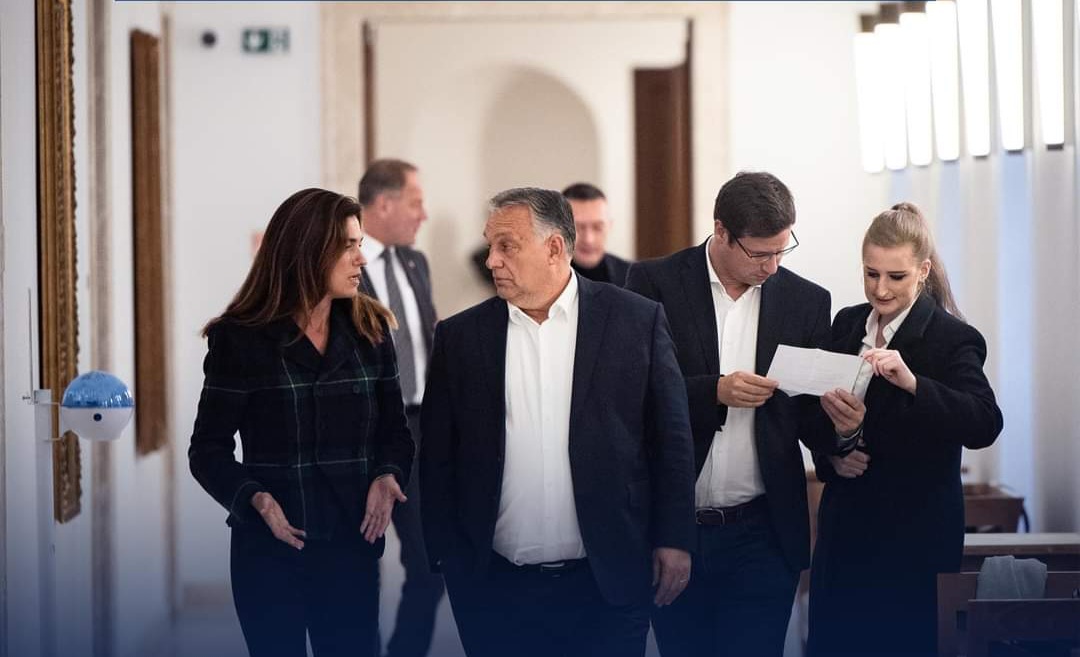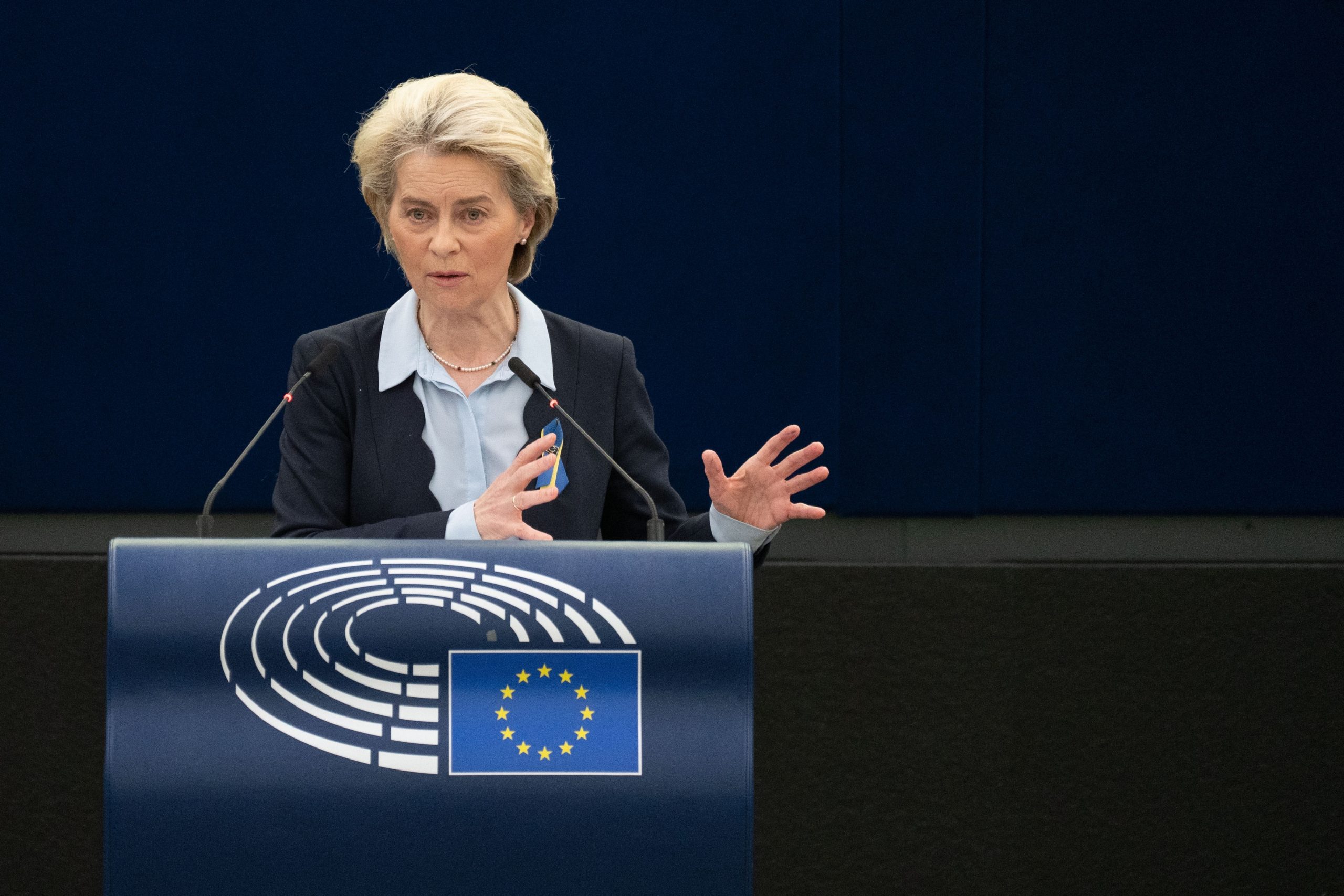
The Hungarian Prime Minister will attend the European Council summit in Brussels. Continue reading

The President of the European Commission, Ursula von der Leyen, recently said that it would be worth considering the introduction of a price cap on gas used for electricity generation at the EU level.
The politician said that the European Commission is proposing a strong legislative framework to tackle the current energy crisis: the EU will have to buy gas together, demand pooling will be compulsory for at least 15 percent of the gas needed to fill storage facilities, and the companies concerned can form a gas purchasing consortium.
Ursula von der Leyen also said that some EU Member States are more dependent on Russian gas than others, especially the landlocked Central European countries, which include Hungary. The Commission President said that gas sharing is extremely important in the current situation, because if there are integrated supply chains and gas supply is disrupted in one country, it will affect all Member States.
The Brussels politician pointed out that the EU has diversified its gas supplies through other suppliers besides Russia, achieving savings of 15 percent, while storage is 92 percent full.
However, she added that resisting the Russians has come at a price, with household gas bills rising and companies finding it increasingly difficult to remain competitive.
That is why the EU is working to accelerate investment in renewable energy and infrastructure to make the switch to clean energy, von der Leyen said.
Olivér Hortay, Head of Energy and Climate Policy Division at the Századvég Foundation, a Hungarian think-tank, recently told Origo, a Hungarian news site, about the introduction of a price cap on gas. According to him, “the introduction of a gas price cap would result in less gas on the European market, not more.” He added that
this proposal could in fact be seen as an indirect sanction, the essence and consequences of which would be the same as an EU gas embargo.
The Hungarian government has a similar negative view of the proposal. Tamás Menczer, Secretary of State for the Development of Bilateral Relations at the Ministry of Foreign Affairs and Trade, also said in an interview with Origo that the “Brussels position is a pro-war position that leads to prolonged war and suffering, whereas the Hungarian government wants an immediate ceasefire and peace talks.”
He also pointed out that the EU gas price cap would be a sanction on Russian gas, aimed at pushing Russian gas out of Europe. “This is unacceptable for us because it would ruin Hungary’s energy supply,” the Secretary of State said.
The topic will be discussed in Brussels in the coming days, since a two-day EU summit will start on Thursday where European heads of state and government will discuss the war in Ukraine, energy, economic issues, and external relations.
Featured photo via europarl.europa.eu